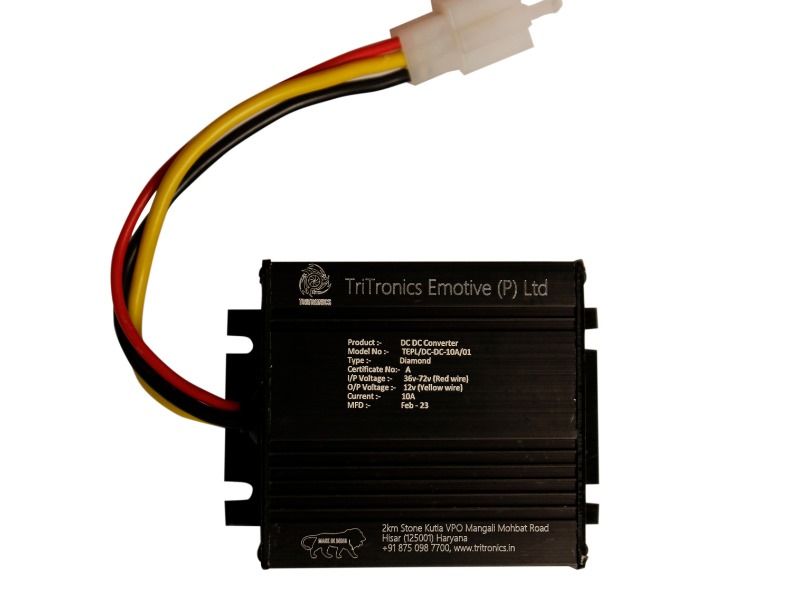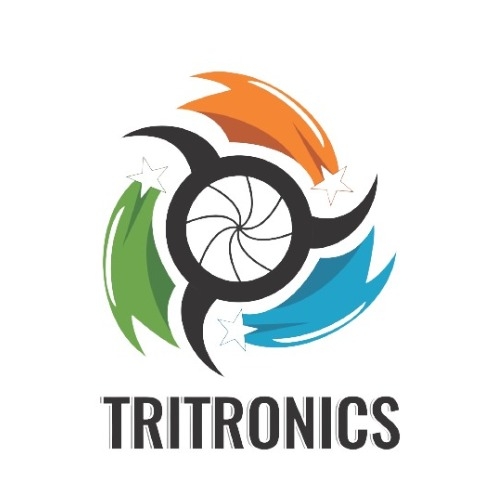DC DC Converter — Overview

A DC-DC converter is an electronic device that converts direct current (DC) voltage from one level to another. It is commonly used in various applications where the input voltage needs to be stepped up or stepped down to match the requirements of the load. It can efficiently convert DC power while maintaining high levels of voltage regulation and power efficiency.
DC-DC converters come with various features that make them versatile and suitable for different applications. Some common features include:
Input and output voltage range
DC-DC converters can handle a wide range of input and output voltage levels, allowing them to be used in diverse power supply scenarios.
Efficiency
DC-DC converters are designed to operate with high efficiency, minimizing power losses during the conversion process. This helps to conserve energy and reduce heat generation.
DC-DC converters are available in compact sizes, making them suitable for applications with limited space requirements.

Multiple output configurations: DC-DC converters offer multiple output configurations, allowing them to power different components or devices simultaneously.
Voltage regulation: DC-DC converters provide precise voltage regulation, ensuring that the output voltage remains stable even with variations in the input voltage or load conditions.
Protection features: DC-DC converters incorporate protection mechanisms such as overvoltage protection, overcurrent protection, and thermal shutdown. These features help safeguard the converter and the connected devices from potential damage.

